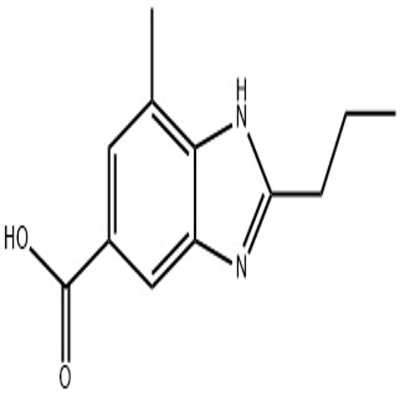-
Categories
-
Pharmaceutical Intermediates
-
Active Pharmaceutical Ingredients
-
Food Additives
- Industrial Coatings
- Agrochemicals
- Dyes and Pigments
- Surfactant
- Flavors and Fragrances
- Chemical Reagents
- Catalyst and Auxiliary
- Natural Products
- Inorganic Chemistry
-
Organic Chemistry
-
Biochemical Engineering
- Analytical Chemistry
-
Cosmetic Ingredient
- Water Treatment Chemical
-
Pharmaceutical Intermediates
Promotion
ECHEMI Mall
Wholesale
Weekly Price
Exhibition
News
-
Trade Service
2-Bromo-3-methyl-5-(4,4,5,5-tetramethyl-1,3,2-dioxaborolan-2-yl)pyridine, also known as BPTI, is a synthetic organic compound that is commonly used in the chemical industry.
The production process of BPTI involves several steps, including the synthesis of its constituent components and the subsequent assembly of these components into the final product.
The synthesis of BPTI begins with the production of 2,2,5,5-tetramethyl-1,3,2-dioxaborolane (TMD), a key intermediate in the manufacturing process.
TMD is produced by the reaction of dimethyl zinc with hydrogen bromide in the presence of a solvent such as toluene.
This reaction produces TMD as a white solid, which is then purified and isolated for further use.
The next step in the production of BPTI is the synthesis of 3-methyl-2-bromopyridine (MBP), another intermediate in the manufacturing process.
MBP is produced by the reaction of methyl iodide with bromine in the presence of a solvent such as carbon tetrachloride.
This reaction produces MBP as a yellow solid, which is then purified and isolated for further use.
The final step in the production of BPTI is the reaction of MBP with TMD in the presence of a catalyst such as cesium carbonate.
This reaction produces BPTI as a white solid, which is then purified and isolated for further use.
The production process of BPTI was developed by the Dow Chemical Company in the 1960s and has since become a widely used reagent in the chemical industry.
BPTI is used in a variety of applications, including as a building block for the synthesis of other organic compounds, as a catalyst for the polymerization of monomers, and as an intermediate in the production of pharmaceuticals and agrochemicals.
BPTI is an important compound in the chemical industry due to its unique structural properties and versatile use as a building block for the synthesis of other organic compounds.
The production process of BPTI involves the synthesis of its constituent components and the subsequent assembly of these components into the final product.
The production of BPTI is a complex process that requires careful control of the reaction conditions and purification of the final product.
However, with proper management and control, the production of BPTI can be a highly efficient and cost-effective process.





![benzyl N-{2-[4-(4,4,5,5-tetramethyl-1,3,2-dioxaborolan-2-yl)phenyl]ethyl}carbamate](https://file.echemi.com/fileManage/upload/goodpicture/20210823/m20210823171124543.jpg)

